
Summary
European industry needs to focus on innovation and education in order to improve the functioning of its manufacturing sector, panellists told a Café Crossfire debate on 18 June. They were discussing the EU’s target of raising manufacturing output to 20% of GDP by 2020, from just over 15% now, but some participants said the target was aspirational rather than a realistic goal.“I applaud the idea of a numerical target for communication,” said Jan Mischke, a Senior Fellow at McKinsey Global Institute. “But the share of manufacturing is not a good marker.” It would be better to focus instead on indicators such as the competitiveness of manufacturing, aggregate rankings and net exports, he said.
About
There is a growing consensus in Europe on the need to revive the manufacturing industry. It is now widely seen as the only way the EU could extricate itself from its current crisis and reply to pressing societal challenges. Stimulating growth in the face of fierce international competition is essential, and the European Commission is therefore urging that manufacturing output should be raised to 20% of EU GDP by 2020 from the current level of 16%. Yet, quite apart from their share of GDP, industrial products account for over 80% of EU exports and private sector research and development spending. As economic growth is increasingly driven by innovation and R&D, developing new cross-cutting technologies, ranging from key enabling technologies and new materials like graphene to advanced manufacturing processes and smart integrated energy systems, can improve the productivity of both emerging and traditional sectors. But competitors like the U.S., Japan and South Korea outspend the EU on R&D, raising major questions about the nature of Europe’s relative underperformance.
Within the current economic circumstances, where should the increased R&D funding come from and how best can Europeans streamline limited resources in ways that will fuel economic prosperity? Should Europe be more determined in its effort to abandon policies that protect underperforming industries and focus instead on sustainable and future-oriented sectors? What are companies doing in Europe to adapt to existing challenges, such as high energy prices, competition in global markets, climate change or health, safety and environmental concerns? Which technologies and value chains will be the future drivers of Europe’s global economic competitiveness? What policy and regulatory framework is needed to boost innovation, without however neglecting the precautionary principle? How can we better translate research into commercialisation of advanced products with added value for EU growth and jobs? Is there a recognition in Europe that innovation is also about mindset change – and what is being done to ensure this happens? How should the EU’s industrial modernisation role be made complementary to those of the member states?
Schedule
Speakers
Kurt Bock
CEO and Chairman of the Board of Executive Directors of BASF
Reinhard Bütikofer
Member of the European Parliament and Rapporteur on EU-ASEAN relations
Jan Mischke
Partner and Research Leader on Europe at the McKinsey Global Institute (MGI)
Rudolf Strohmeier
Deputy Director General at the European Commission Directorate General for Research and Innovation
Moderator
Giles Merritt
Founder of Friends of Europe
Speakers
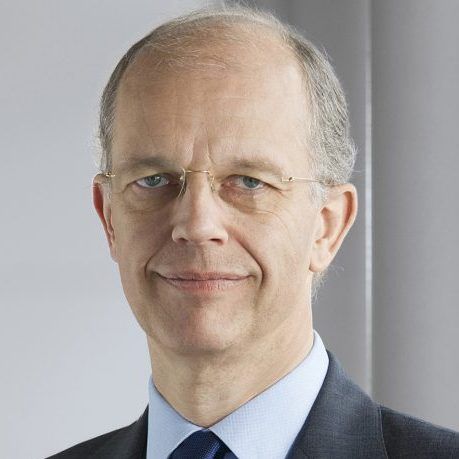
CEO and Chairman of the Board of Executive Directors of BASF
Kurt Bock is Chairman of the Board of Executive Directors of BASF, the world’s largest chemical company with customers in over 200 countries. His main responsibilities include, among other things, strategic planning and controlling, communication, government and investor relations, taxes and insurance. He also currently holds the position of President of the European Chemical Industry Council’s (CEFIC) Board and Executive Committee.

Member of the European Parliament and Rapporteur on EU-ASEAN relations
As rapporteur of the latest European Parliament report on EU political relations with ASEAN, as well as a part of the European Parliament delegation for relations with the countries of Southeast Asia and ASEAN, Reinhard Bütikofer has a deep understanding and expertise of the region. Bütikofer travels frequently to Southeast Asia, not only to promote stronger ties with the European Union but also to support and bolster trade and investment. Bütikofer is a strong advocate for peace within the region, including for the resolution of disputes in the South China Sea.

Partner and Research Leader on Europe at the McKinsey Global Institute (MGI)
Jan Mischke is a senior fellow at the McKinsey Global Institute (MGI), McKinsey’s business and economic research arm, where he leads its work on competitiveness in advanced economies, and is in charge of projects on manufacturing, infrastructure and trade. He is a frequent speaker on global trends, growth in Europe, and infrastructure, and is a member of the B20 taskforce on infrastructure.

Deputy Director General at the European Commission Directorate General for Research and Innovation
In his current position, Rudolf Strohmeier oversees the collaborative research activities of the Directorate General, and he also chairs the European Research Area and Innovation Committee of the Council. He has pursued a long-standing career at the European Commission, serving in many Commissioner’s cabinets, including the Cabinet of Commission President Romano Prodi as Adviser for industrial, agricultural and environmental policies.
Partners
Coorganized with
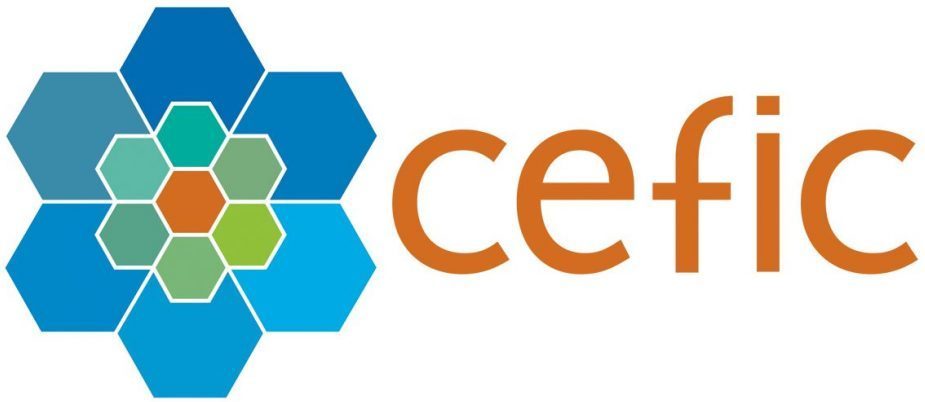
Activities
A European agenda for space: resilience, security and sovereignty
Past event In person
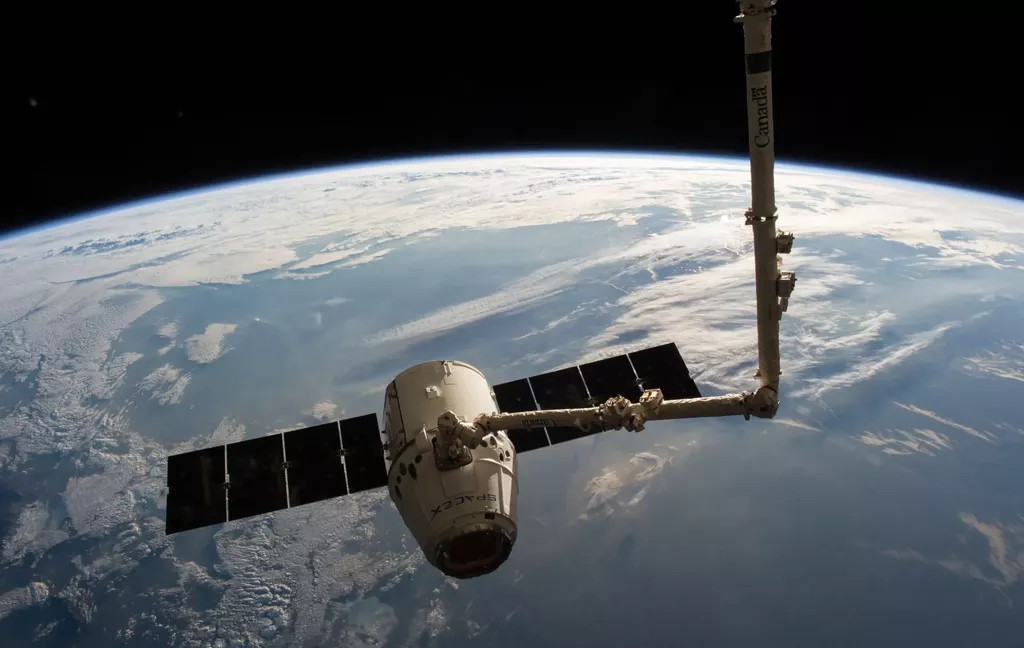
- Area of Expertise
- Digital & Data Governance
Prepare, Provide, Pioneer: digitalisation as a motor for Europe’s success…
Next event In person & livestreamed
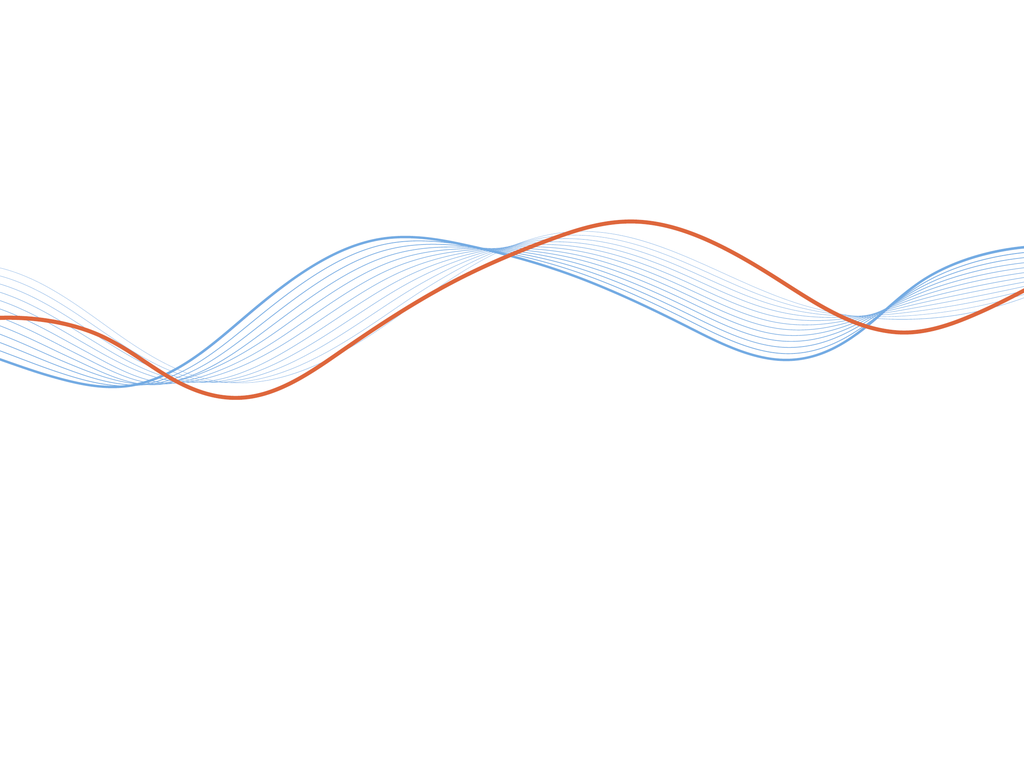
- Area of Expertise
- Digital & Data Governance
From orbit to impact: charting Europe’s course in a changing global…
Past event Online
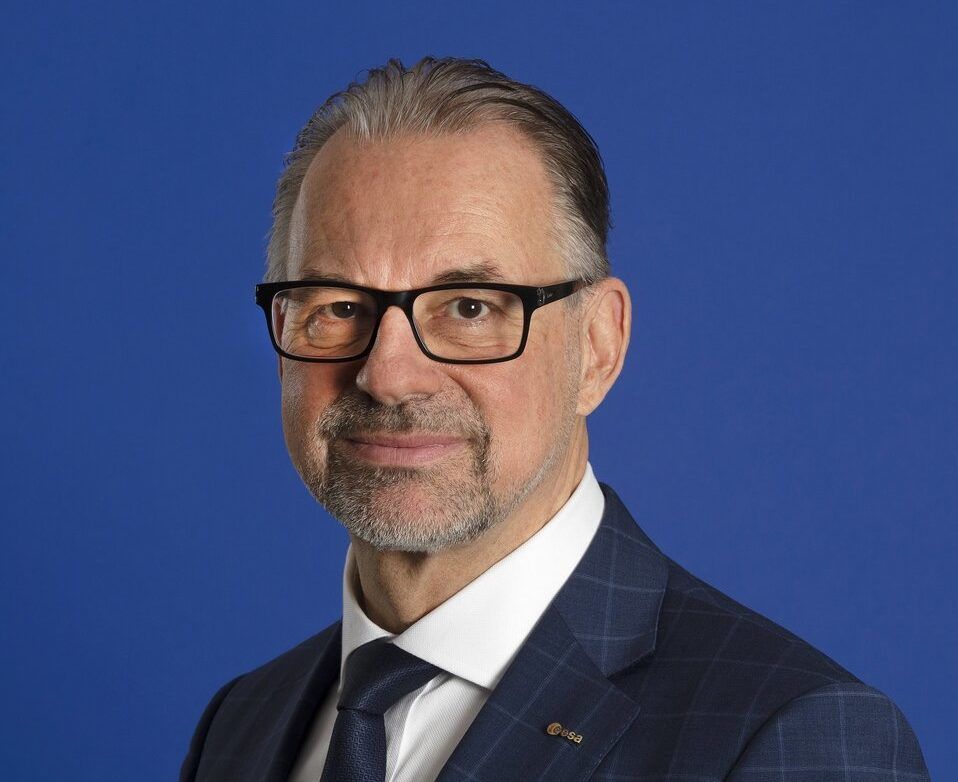
- Area of Expertise
- Digital & Data Governance
Embracing digital government for Europe’s citizens: how do we maximise…
Past event In person

- Area of Expertise
- Digital & Data Governance
The digital battlefield: EU-China cybersecurity diplomacy in the 21st…
- Category
- #CriticalThinking
- Author
- By Dr Cristina Vanberghen
The digital battlefield: EU-China cybersecurity diplomacy in the 21st…
- Category
- #CriticalThinking
- Author
- By Dr Cristina Vanberghen
Time for ESA to chart its own course and reduce NASA dependency
- Category
- #CriticalThinking
- Author
- By Susmita Mohanty
Introducing a new method to assess the productivity of human-AI…
- Category
- #CriticalThinking
- Author
- By Smita Samanta & Emmanuel Benhamou
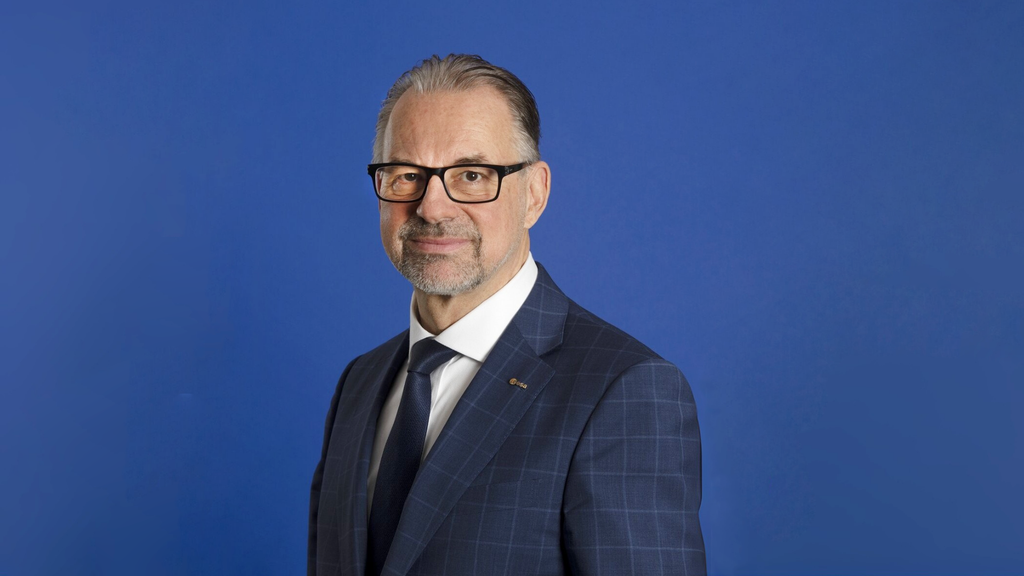
- Area of Expertise
- Digital & Data Governance
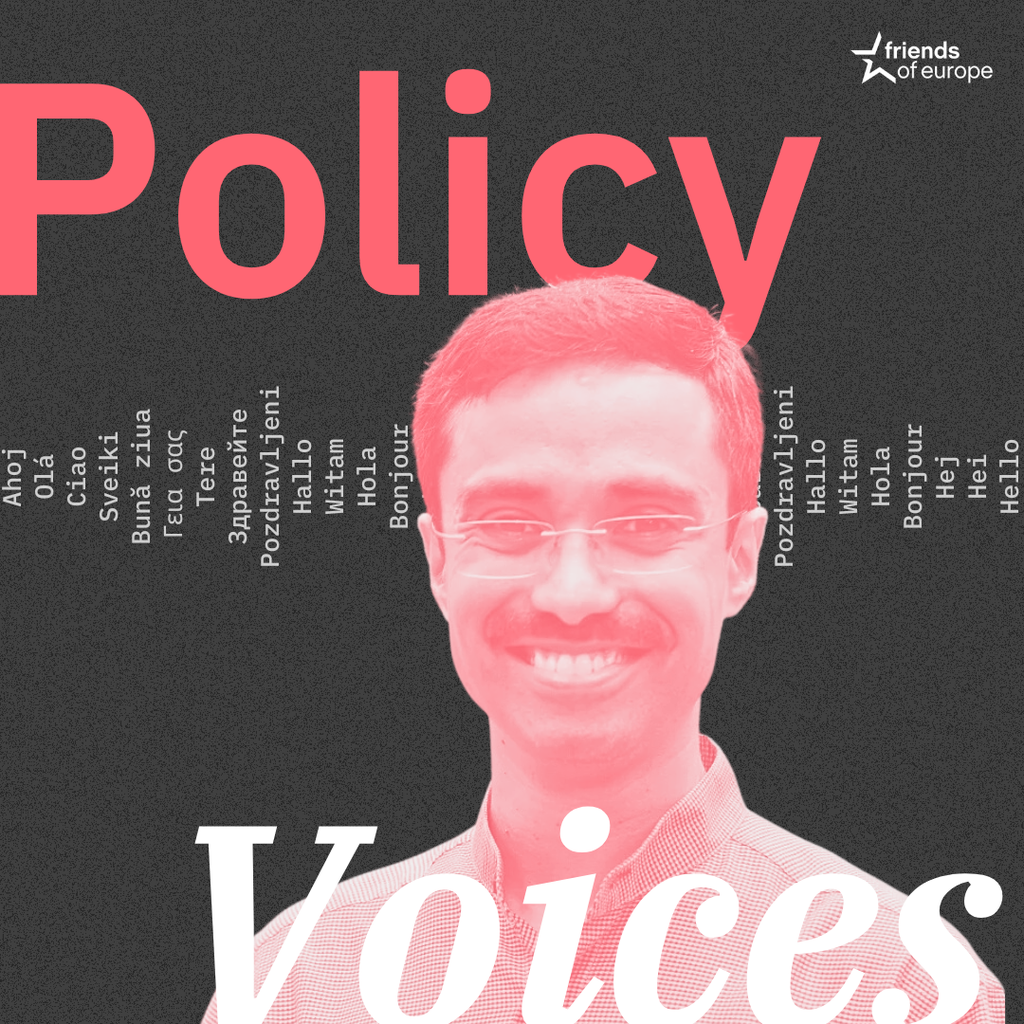
- Area of Expertise
- Digital & Data Governance
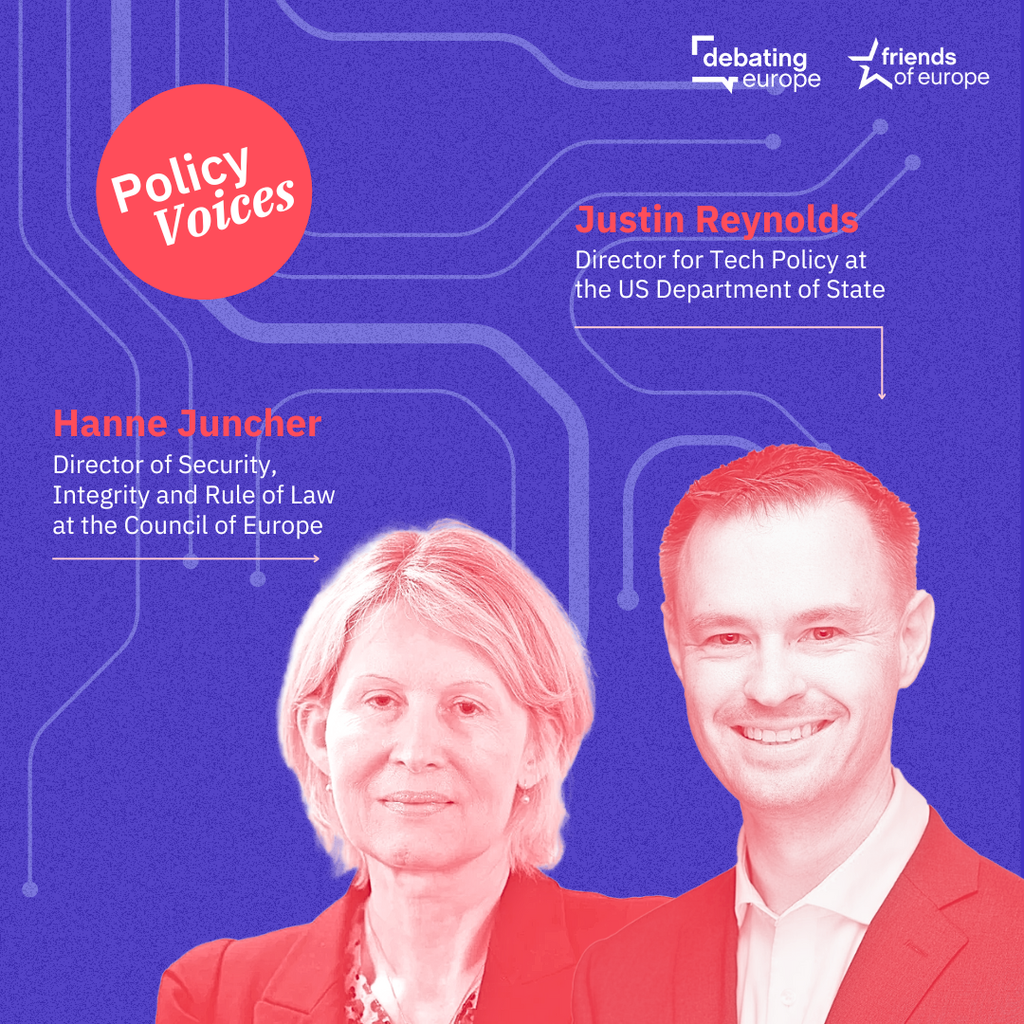
- Area of Expertise
- Democracy

- Area of Expertise
- Digital & Data Governance
Continue
the debate on
- Debating Europe

